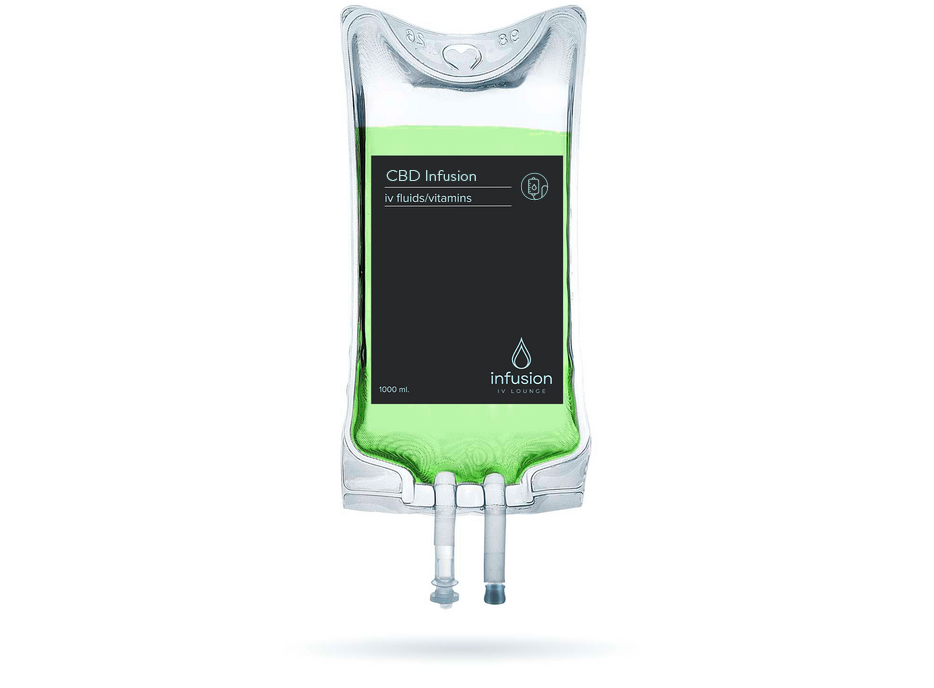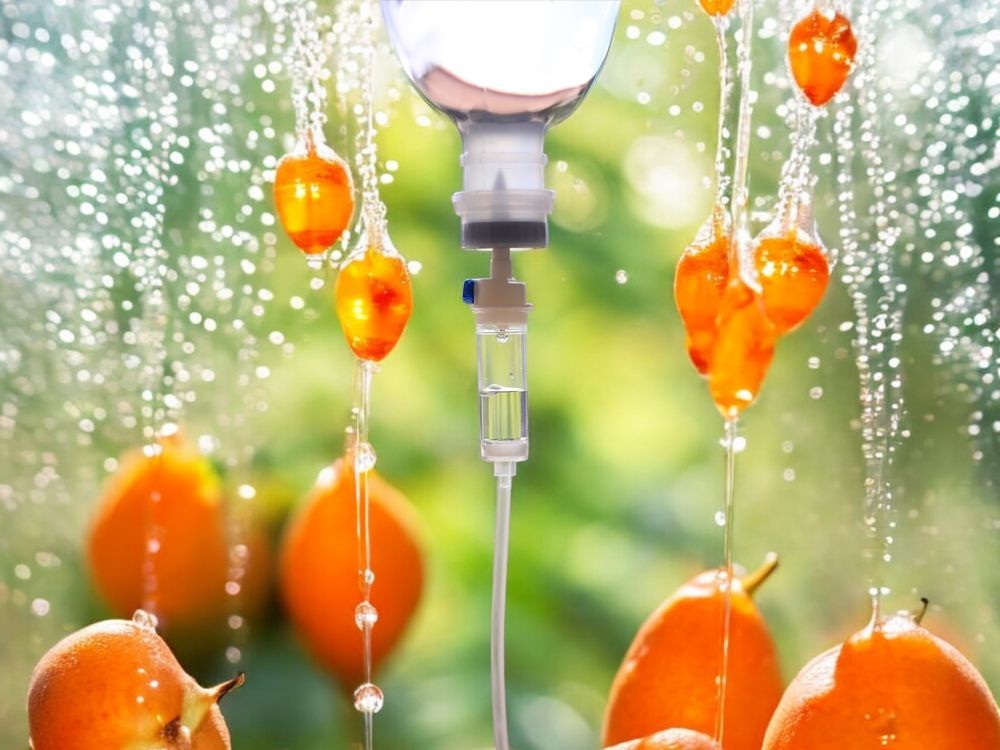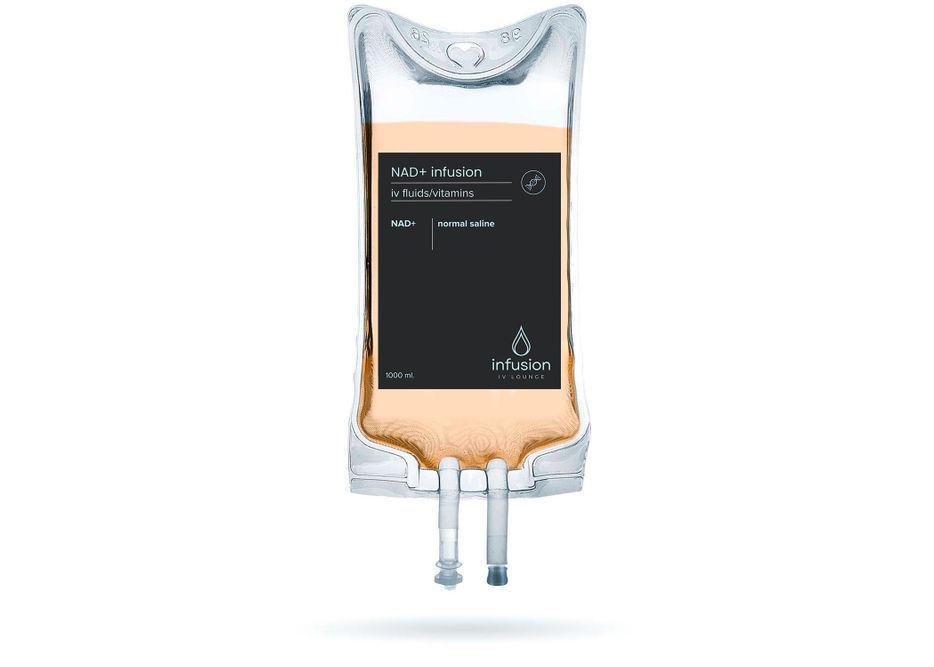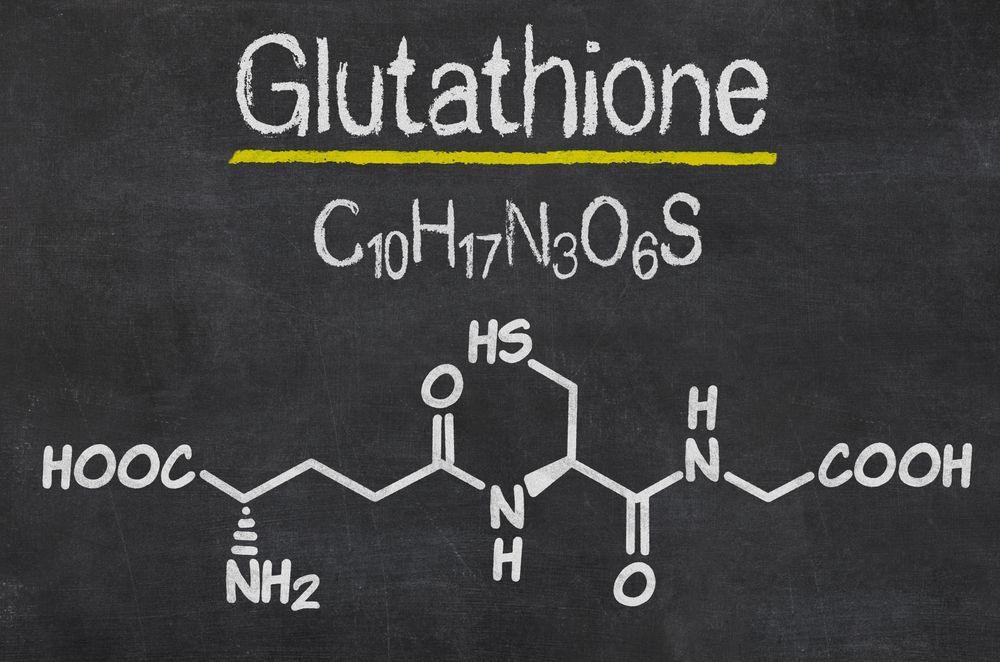How Hydration Enhances Athletic Performance & Recovery

Hydration is crucial for optimal athletic performance and effective recovery. Understanding its importance can make a significant difference in how well athletes train and compete. This article explores the science behind hydration, its role in athletic performance and recovery, the detrimental effects of dehydration, and practical strategies for maintaining proper hydration.
Understanding the Role of Hydration in the Body
Water makes up approximately 60% of the human body, and it plays a central role in numerous bodily functions. From regulating body temperature to transporting nutrients, hydration is vital for overall health and performance.
The Science of Hydration
At the cellular level, water is essential for maintaining homeostasis and facilitating biochemical processes. It acts as a solvent for various biochemical reactions and is critical for nutrient absorption, digestion, and excretion.
When athletes sweat during exercise, their bodies lose both water and electrolytes. Replenishing these lost fluids is necessary to sustain optimal physiological functions, particularly during intense physical activity.
Hydration and Metabolic Processes
Metabolic processes, such as energy production, rely heavily on adequate hydration. Water aids in the breakdown of carbohydrates and fats, allowing the body to convert these nutrients into usable energy. Insufficient hydration can slow down metabolic rates, leading to fatigue and decreased performance.
Hydration also supports cardiovascular health by maintaining blood volume. Proper hydration ensures that blood can efficiently transport oxygen and nutrients to muscles in need, vital for sustained energy during athletic activities.
Moreover, hydration plays a crucial role in cognitive function. The brain is composed of about 75% water, and even mild dehydration can impair concentration, alertness, and short-term memory. Studies have shown that individuals who are adequately hydrated tend to perform better on cognitive tasks compared to those who are dehydrated. This highlights the importance of maintaining hydration not just for physical performance but also for mental clarity and focus, especially in high-pressure situations.
Additionally, hydration is essential for maintaining healthy skin. Water helps to keep the skin moisturized and can improve its elasticity. Dehydration can lead to dry, flaky skin and may exacerbate conditions such as eczema and psoriasis. Drinking sufficient water can help to flush out toxins and promote a clearer, more radiant complexion, making hydration a key component of any skincare routine.
The Impact of Hydration on Athletic Performance
Hydration significantly influences athletic performance. When athletes are well-hydrated, they can perform at their best, maintaining energy levels and muscle function throughout their events.
Hydration and Energy Levels
When fluid balance is disrupted, energy levels can take a hit. Dehydration results in decreased blood volume, which leads to a higher heart rate and increased perceived effort during exercise. This means that athletes have to work harder to maintain the same performance level.
Studies show that even a small drop in hydration (2% of body weight) can lead to a noticeable decrease in performance. Athletes who prioritize hydration can sustain higher energy levels and fatigue later in their workouts. Additionally, the timing of hydration is crucial; consuming fluids before, during, and after exercise can optimize performance and recovery. For endurance athletes, strategies such as electrolyte drinks or hydration packs can be particularly beneficial, as they not only replenish lost fluids but also restore essential minerals that support energy production and muscle function.
Hydration and Muscle Function
In addition to energy levels, hydration plays a critical role in muscle function. Hydrated muscles can better contract and relax, leading to enhanced strength and coordination.
Moreover, water acts as a lubricant for joints, helping to prevent injury during high-impact activities. Staying hydrated also helps to mitigate cramping, which can occur when electrolyte levels drop due to excessive sweating. The importance of hydration extends beyond just water intake; it includes understanding the balance of electrolytes such as sodium, potassium, and magnesium, which are vital for muscle contractions and nerve signaling. Athletes often lose these electrolytes through sweat, and replenishing them through sports drinks or electrolyte-rich foods can further enhance performance and recovery. This holistic approach to hydration not only supports immediate athletic performance but also contributes to long-term health and fitness goals.
Hydration and Athletic Recovery
Recovery is just as important as performance, and hydration plays an integral role in facilitating this process. Proper rehydration can significantly reduce recovery time and enhance overall athletic performance.
Rehydration Post-Exercise
After exercise, athletes should aim to replace the fluids lost through sweat. Consuming water or electrolyte-rich drinks can help restore fluid balance and accelerate recovery. The general guideline is to drink 1.5 times the amount of fluid lost during exercise within the next 2-6 hours post-activity.
Additionally, rehydration should occur alongside nutrient replenishment to optimize recovery further, combining fluids with carbohydrates and proteins for maximum effect.
Hydration and Muscle Recovery
Hydration plays a vital role in muscle repair. When an athlete engages in intense training, microscopic tears occur in the muscle fibers. Adequate hydration is essential for the delivery of nutrients and the removal of metabolic waste, both crucial for muscle recovery.
Moreover, hydration influences the synthesis of protein, ensuring that muscles can effectively recover and strengthen after strenuous activity.
Dehydration and Its Effects on Athletes
While hydration is crucial, the opposite is true for dehydration, which can have severe effects on athletic performance and health.
Symptoms of Dehydration in Athletes
Symptoms of dehydration can range from mild to severe and include:
- Dizziness and lightheadedness
- Dry mouth and fatigue
- Muscle cramps
- Decreased coordination and cognitive function
Recognizing these symptoms early can help athletes take proactive steps to rehydrate and avoid performance declines.
Long-Term Effects of Chronic Dehydration
Chronic dehydration can lead to a host of long-term health issues, including kidney stones, urinary tract infections, and impaired cognitive function. For athletes, it can mean a decline in performance over time and a greater likelihood of injury.
Therefore, maintaining proper hydration is not only crucial for short-term performance but also for long-term athletic success and overall health.
Practical Hydration Strategies for Athletes
With the crucial role hydration plays in athletic performance, implementing practical strategies to stay hydrated is essential for every athlete.
Hydration Before, During, and After Exercise
A beneficial hydration strategy includes drinking ample fluids before, during, and after exercise. It's recommended to:
- Drink water or electrolyte beverages 2-3 hours before exercising.
- Consume small amounts of fluids during workouts, especially if they last longer than an hour.
- Rehydrate thoroughly post-exercise to restore lost fluids.
Choosing the Right Hydration Drinks for Athletes
Not all beverages are created equal when it comes to hydration. Athletes should consider:
- Water for moderate activities lasting less than an hour.
- Electrolyte drinks for prolonged or intense workouts.
- Recovery drinks containing protein and carbohydrates to aid post-exercise recovery.
By understanding the nuances of hydration and implementing these strategies, athletes can enhance both their performance and recovery, leading to greater overall success in their athletic endeavors.










